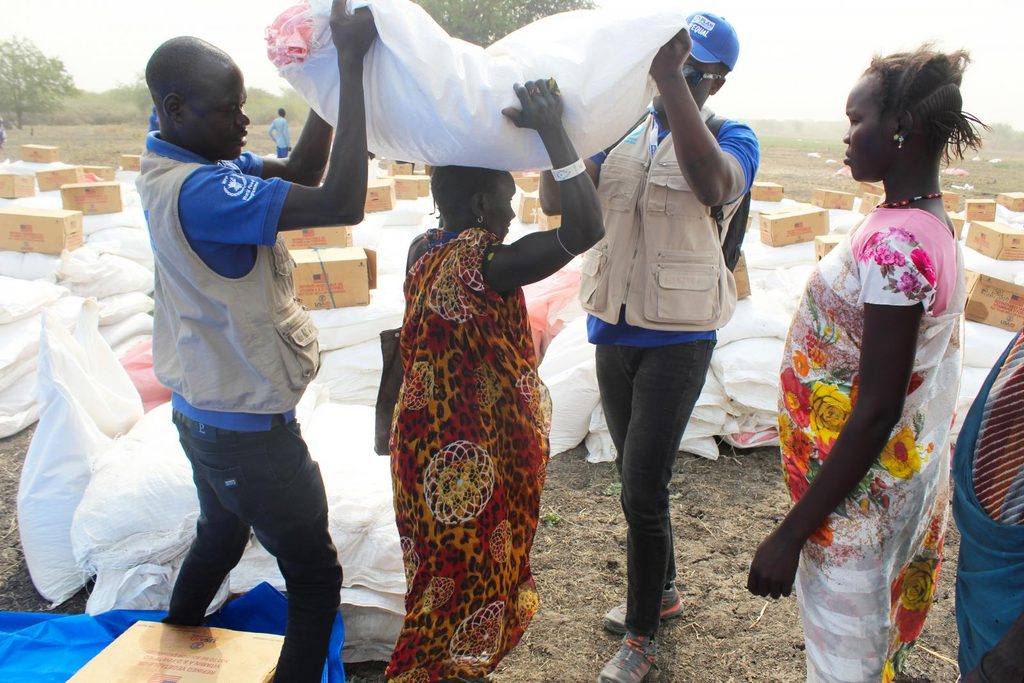Plan International South Sudan launches new strategy
Plan International South Sudan has launched a new strategy which will support 1.3 million of the country’s most vulnerable people until 2024.
Plan International South Sudan is responding to the food insecurity crisis in the country where approximately 60% of the population are predicted to face acute food shortages this year.

We are very concerned about the rapidly deteriorating situation in South Sudan, where at least 7.2 million people – approximately 60% of the population – are predicted to face acute food shortages this year. This includes 1.4 million children under the age of 5 and almost 500,000 women who are pregnant or breastfeeding.
Six counties – Pibor, Akobo, Tonj North, Tonj East, Tonj South and Aweil South – are close to famine as classified under IPC 5, an independent expert review that indicate a likely famine state.
Hunger is particularly acute in Pibor county, part of Jonglei state, about 400 km northeast from Juba; which is heavily affected by conflict and suffered devastating flooding in August 2020. This has destroyed people’s homes, crops and livelihoods, particularly in communities that rely on livestock such as cattle. As a result, nearly 60,000 people have been forced from their homes.
COVID-19 has also brought restrictions on movement and contributed to a stagnating economy. All of these factors have driven up food prices, and at the same time, are making it extremely difficult for humanitarian organisations to reach communities in need.
Without urgent action, there is a real risk that we will see devastating levels of hunger and possibly famine. It is critical that both government and humanitarian agencies urgently scale up operations to bring food, nutrition, clean water and health services to communities throughout South Sudan. These must reach people in all areas classed as suffering crisis-level food insecurity.
Immediate priorities in Pibor:
Plan International staff are working alongside WFP to distribute nutritious food for children and pregnant and lactating women and general food distributions for vulnerable households. January to April is the only window to support the communities before the rain comes. We are speeding up our work with local communities to deliver food and treatment for malnutrition, alongside child protection services and education programmes despite the challenges posed by the COVID-19 pandemic. Our response includes:
We plan to support 276,000 people, especially targeting girls and boys and vulnerable households through immediate lifesaving aid as an initial response in Greater Pibor Administrative Area. About €3.8m is required for scaling up our humanitarian support activities.
Plan International South Sudan has been closely working with communities in Pibor since 2011 implementing various projects helping children to access their rights to education, health, protection and economic security.